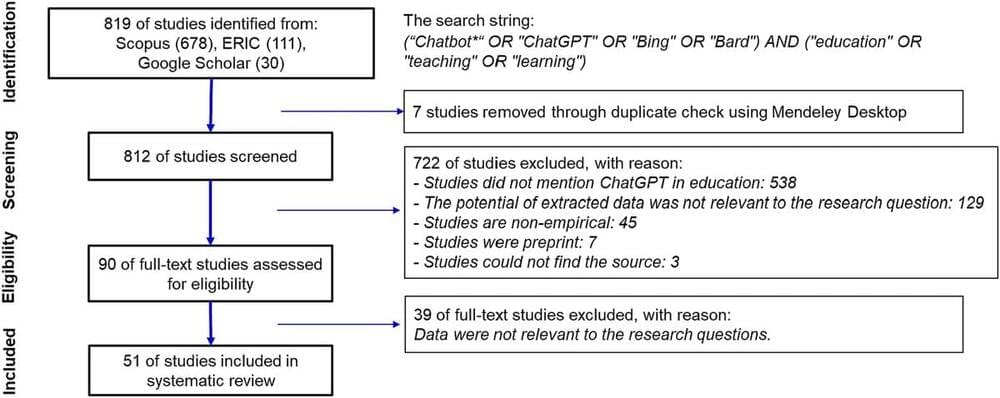Students learning quantum mechanics are taught the Schrodinger equation and how to solve it to obtain a wave function. But a crucial step is skipped because it has puzzled scientists since the earliest days—how does the real, classical world emerge from, often, a large number of solutions for the wave functions?
Each of these wave functions has its individual shape and associated energy level, but how does the wave function “collapse” into what we see as the classical world—atoms, cats and the pool noodles floating in the tepid swimming pool of a seedy hotel in Las Vegas hosting a convention of hungover businessmen trying to sell the world a better mousetrap?
At a high level, this is handled by the “Born rule”—the postulate that the probability density for finding an object at a particular location is proportional to the square of the wave function at that position.




